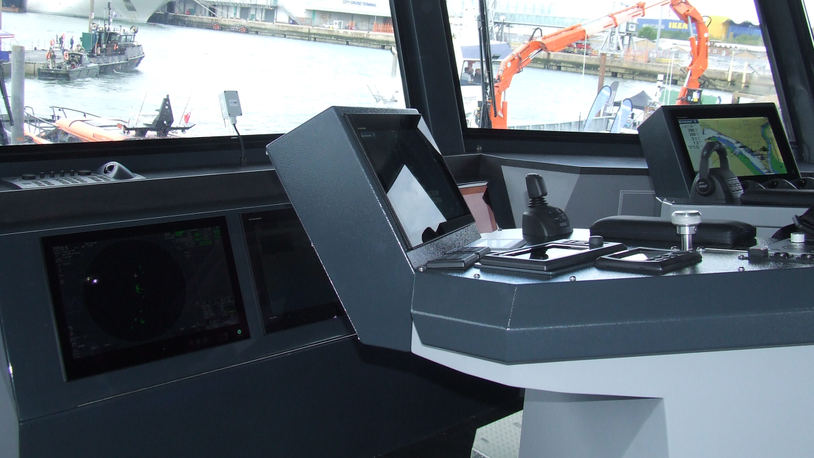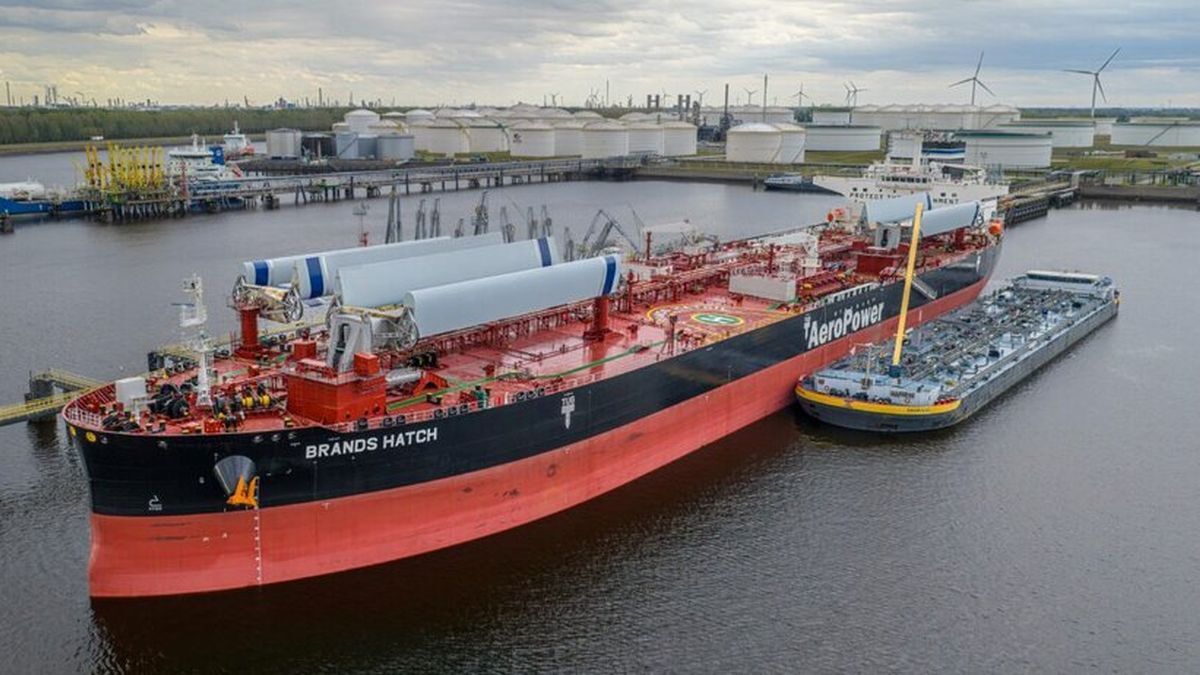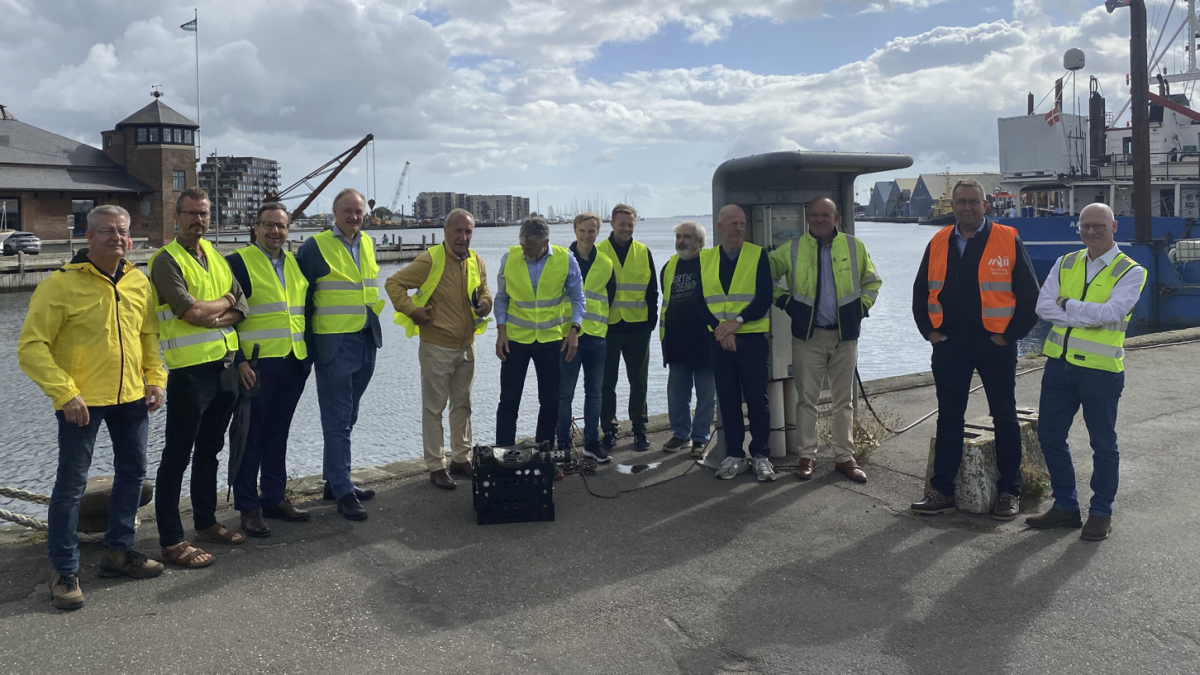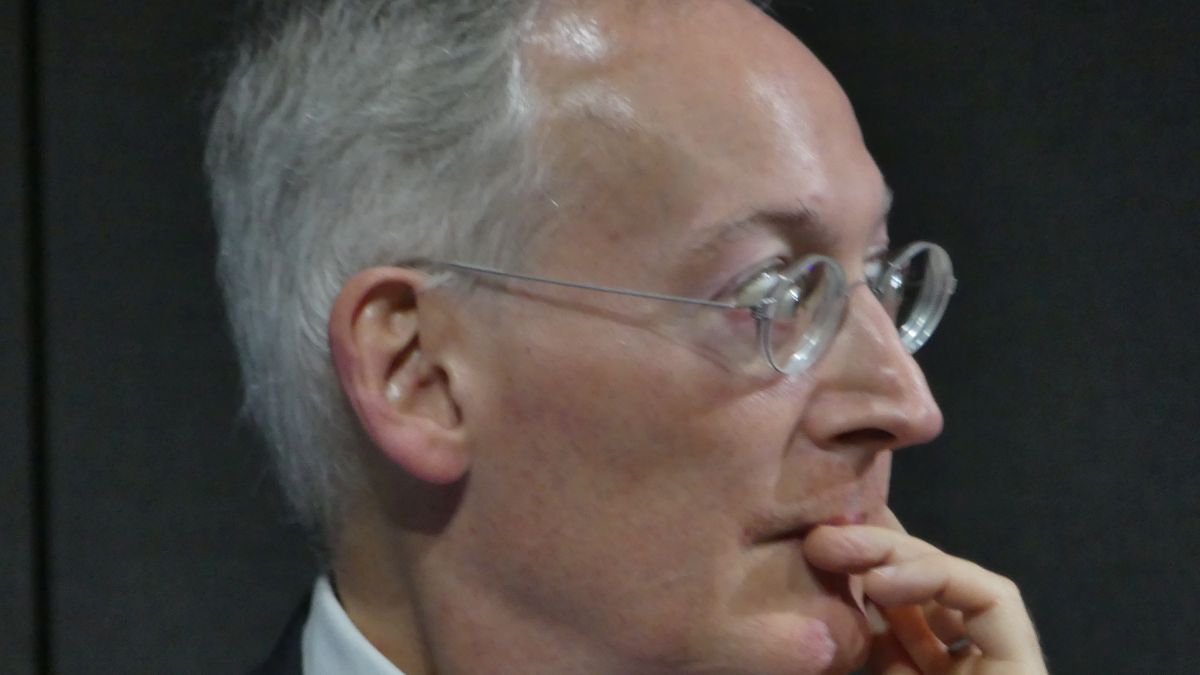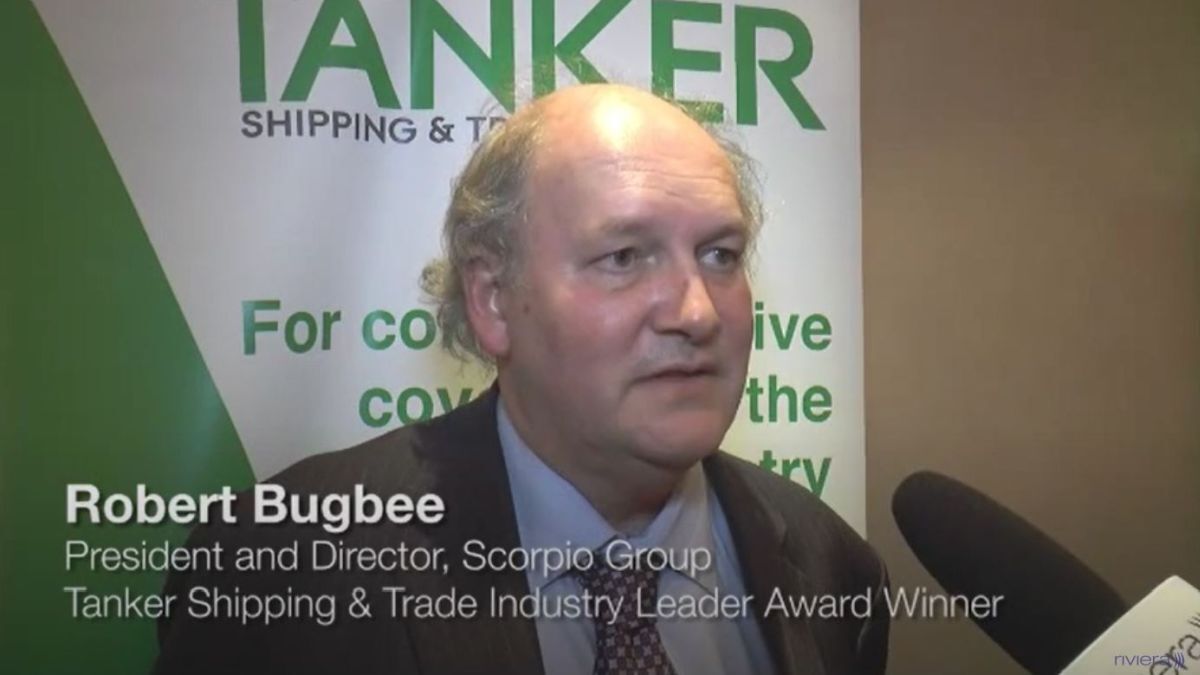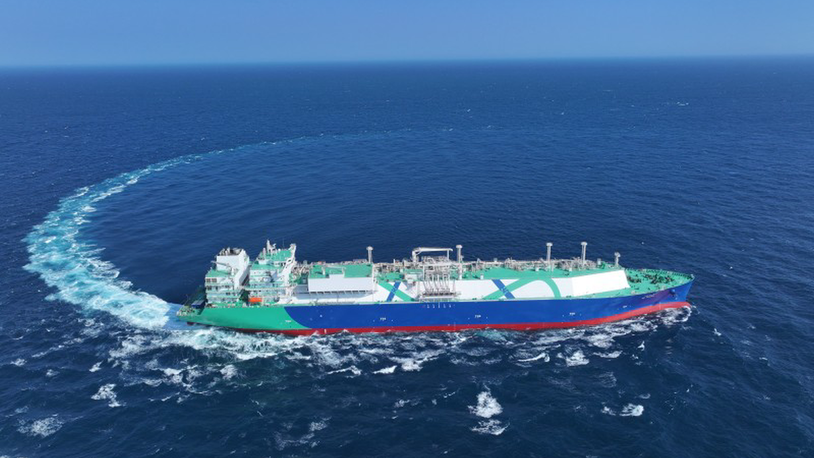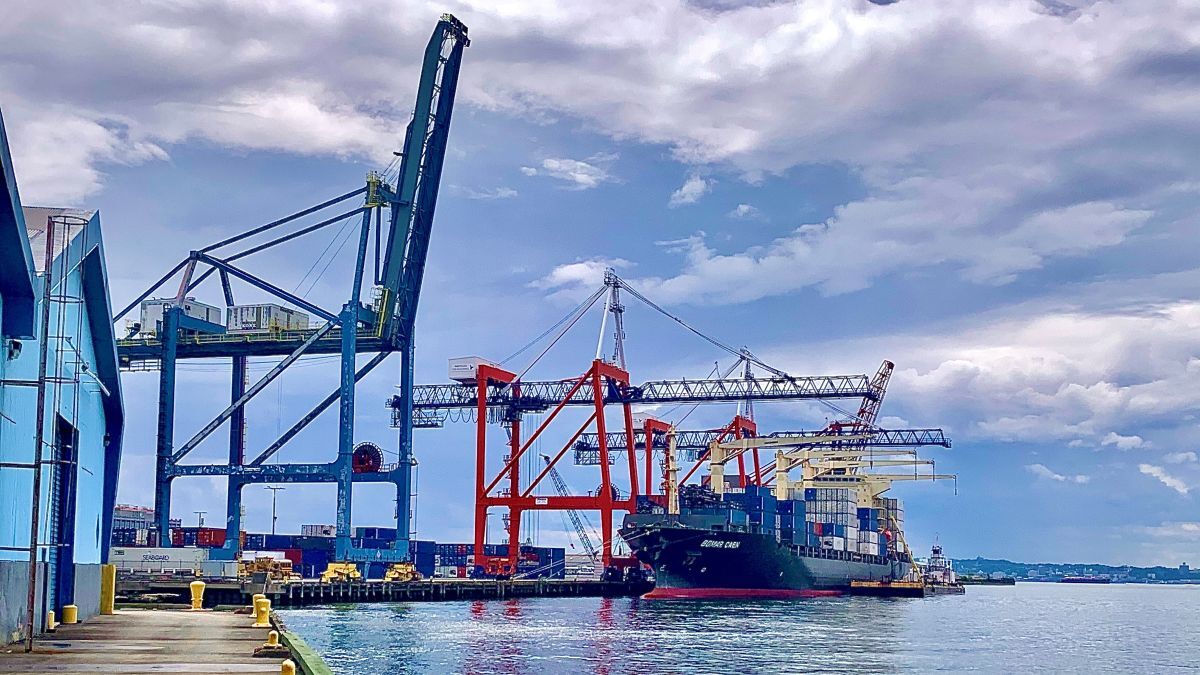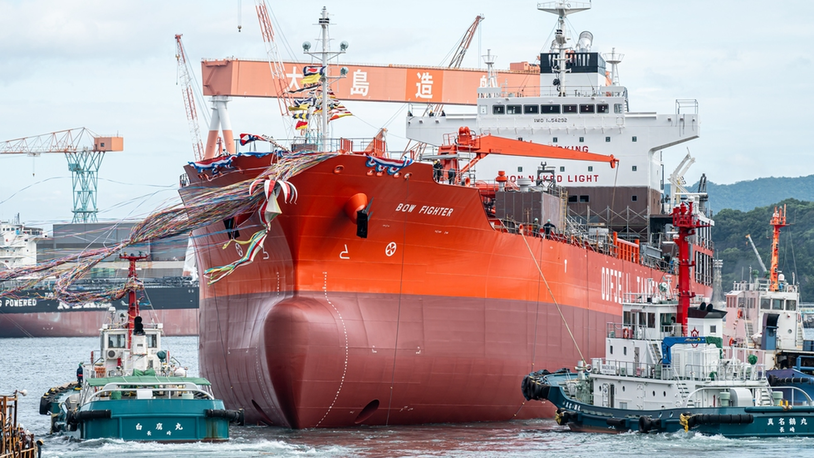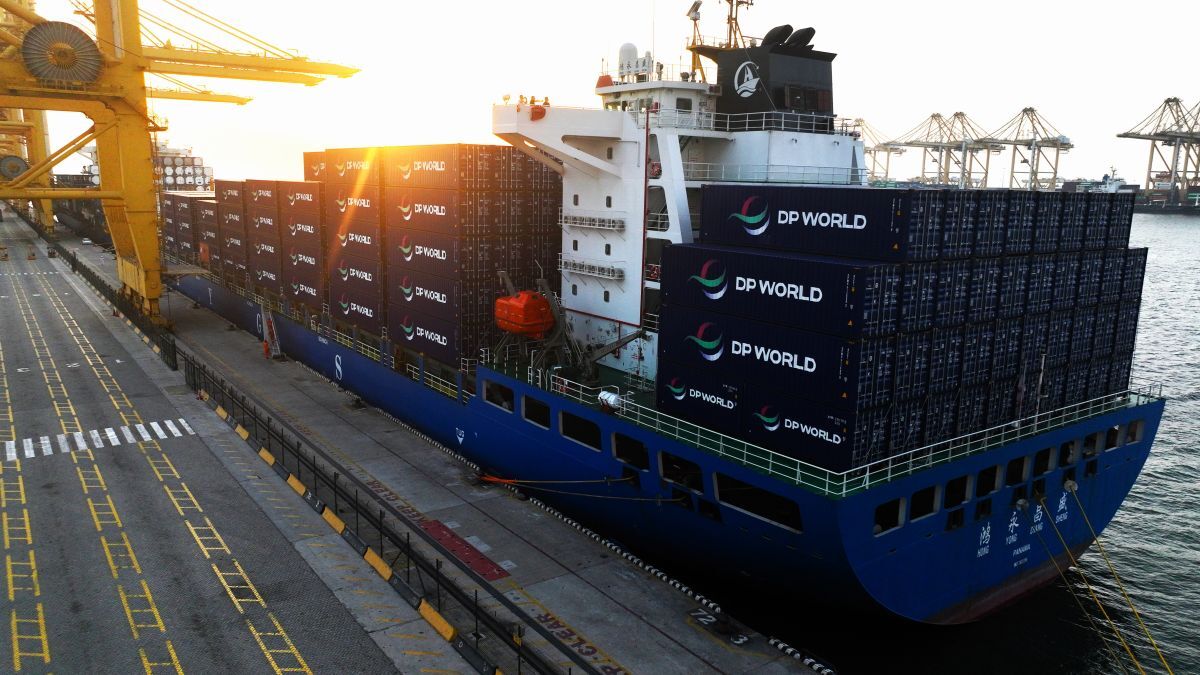Business Sectors
Events
Offshore Wind Webinar Week
Contents

Maersk set to test situational awareness technology in 2019
AP Moller-Maersk has agreed to trial Sea Machines Robotics’ advanced perception and navigation assistance technology on newbuild ice-class container ships, starting before the end of March 2019.
AP Moller-Maersk senior manager Michael Rodey said his group was investing in Sea Machines to test the future of advanced navigation systems.
"I think this investment sends a strong signal on the types of technologies that will come to define the maritime industry in the future," he said.
-
Maersk connectivity drives VSAT acquisition and technical achievements
-
Digital transformation specialist joins the board of Maersk Tankers
-
Maersk Tankers to partner with Klaveness on digital projects
Sea Machines is developing a range of situational awareness and advanced navigation assistance packages for vessel types, including container ships. It has already tested these technologies on workboats and is ready for commercial ship testing.
In October 2018, Sea Machines released an introductory line of autonomous command and remote control systems for shipping, offshore and scientific vessels.
The group expects its investment in autonomous technology should pay for itself within one year.
On 17 December, Sea Machines announced that it had gained US$10M of investment from multiple investors that were led by Accomplice VC and Eniac Ventures. There was participation from Toyota AI Ventures, Brunswick Corp, through investment partner TechNexus Venture Collaborative; NextGen VP, Geekdom Fund, Launch Capital, LDV Capital and others.
These funds will be used to grow Sea Machine’s research and development and engineering teams and expand its global reach.
Sea Machines founder and chief executive Michael Gordon Johnson expects there will be various applications of the company’s technology in marine industries, including maritime transportation, offshore energy, and commercial fishing and aquaculture.
"We are creating the technology that propels the future of the marine industries," he said. "This investment enables us to double our commitment to building advanced command and control products that make the industry more capable, productive and profitable."
Meanwhile in the UK, Thales has signed an agreement with the first company for use of its maritime autonomous testing centre in southern England. Plymouth-based MSubs will use Thales’ Turnchapel Wharf facilities in that UK coastal town for testing unmanned underwater vehicles that are capable of conducting defence projects. Thales opened this US$1.3M testing facility in October 2018 for trailing underwater and surface autonomous vessels.
Related to this Story
Events
Offshore Wind Webinar Week
Maritime Decarbonisation, Europe: Conference, Awards & Exhibition 2025
Offshore Support Journal Conference, Americas 2025
© 2024 Riviera Maritime Media Ltd.


